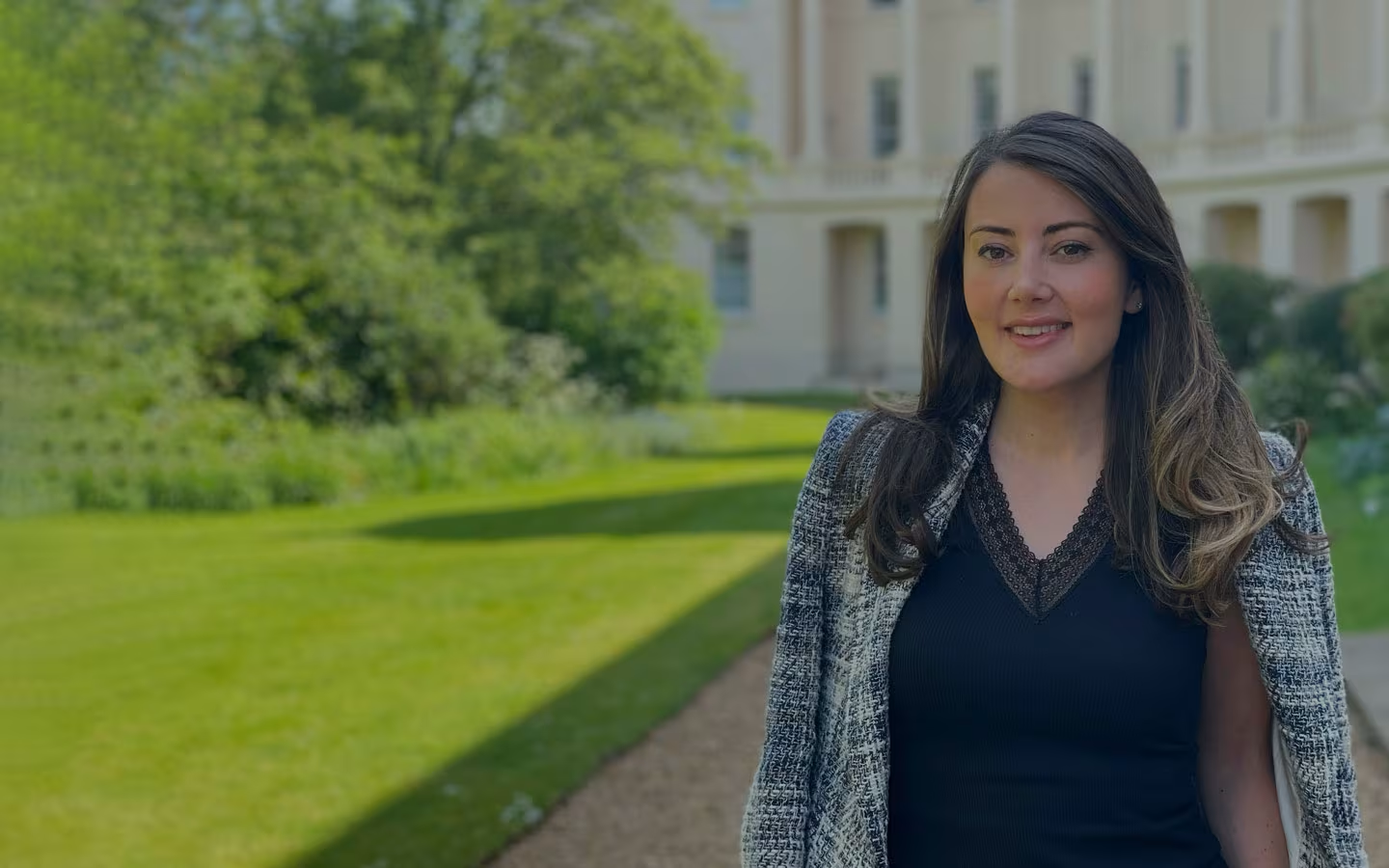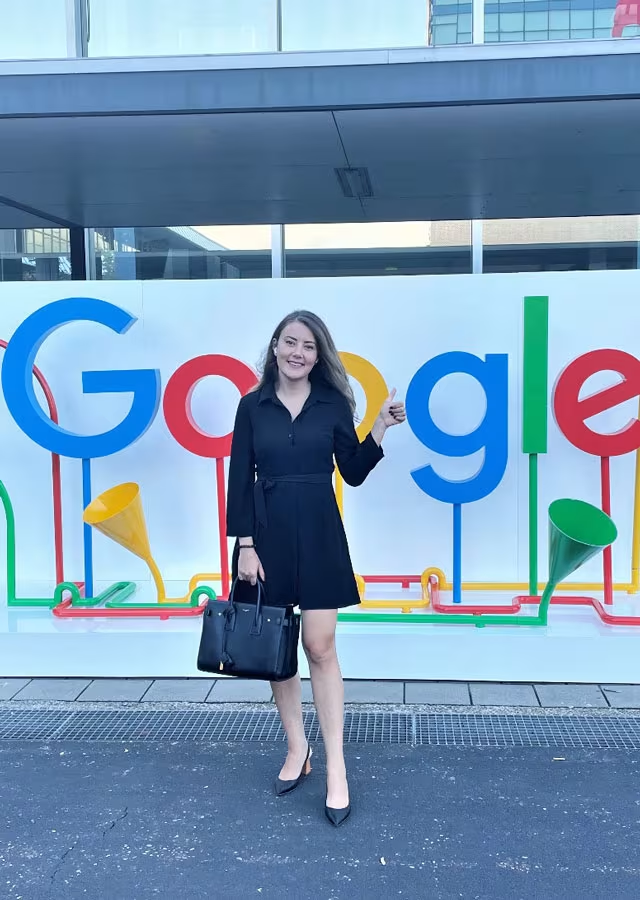“Getting that helicopter view on your business is the most valuable thing. Although we’re all from different industries, a lot of the challenges we face are actually the same.”
Mariana Brinkerink
Senior Territory Sales Manager Media, Entertainment and Gaming, Google Cloud at Google

With an international education in management and strategy under her belt, Mariana was headhunted early in her career by tech giant Google. She has now been with the company for nearly 10 years. Working in the cloud side of the business, she found the combination of strategy and innovation on the Developing Strategy for Value Creation Programme just right to give her an eagle-eye view to understand how Google’s challenges and solutions can help her clients work around their business issues.
"What drew me to the programme was the interception between innovation and strategy. For my business objectives, it was important to explore and gain a new perspective on the bridge that connects innovation and strategic planning."
Diversity works
“The fact that there were people from all over the world with different backgrounds and perspectives on the programme contributed to the overall experience.”

“To get the best out of the programme, you need to have a clear business challenge in mind and focus on it throughout.”
“I can really see a difference now in how I view the challenges we face, and the approach I take on how I advise customers.”

Developing Strategy for Value Creation
In a competitive and unpredictable world, discover how to become a master strategist who creates and captures value.





